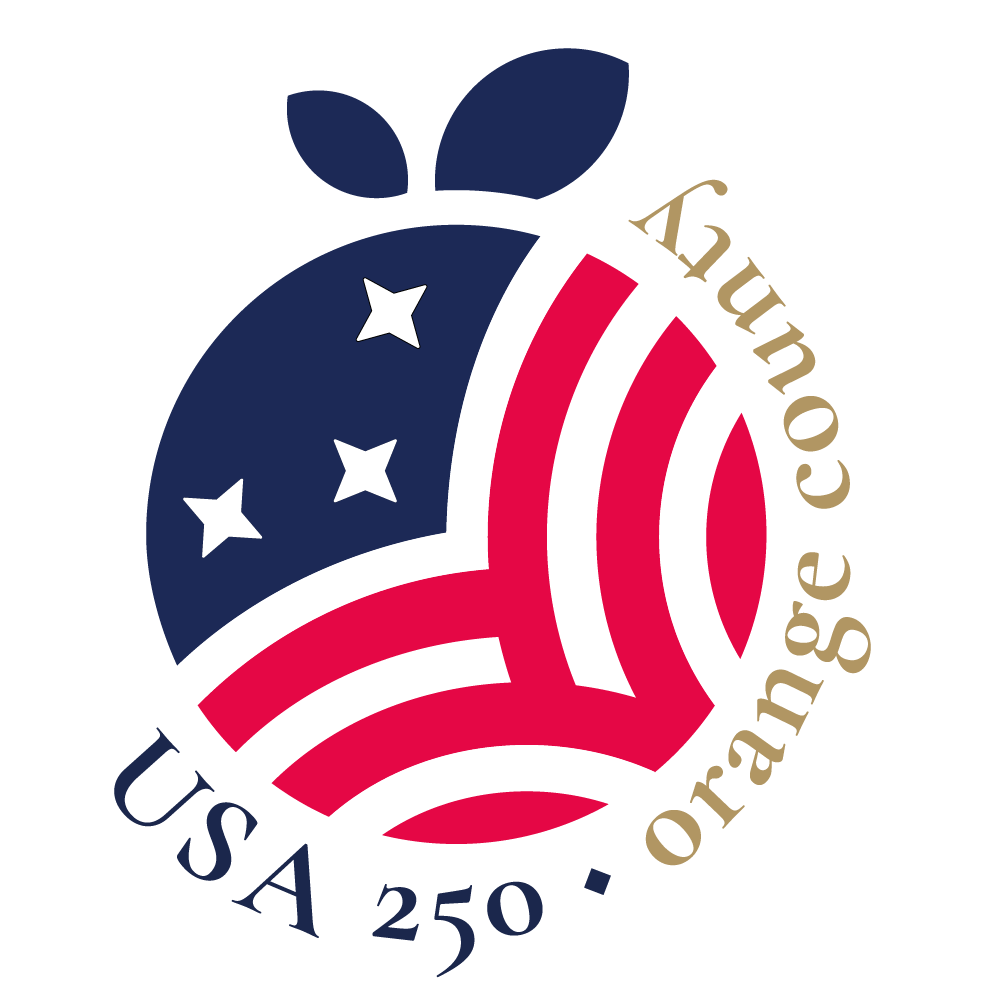The story is familiar to anyone who has studied history at even its most elementary level. Its heroes and villains, struggles, strife, and victory over oppression are the stuff of which legends have been made, as well as innumerable books, films, artistic works and theatrical performances. The setting, costumes, geography and weather are images embedded in our minds and imagination. The names of the main characters and even the date of the “main event” have been passed down and celebrated as worthy of our attention and veneration. In bare essentials, the story goes something like this:
A small group of men, perhaps numbering several dozen, many representing the northern part of their country and most holding positions of power or influence in the regions they represent, have come together for a specific purpose. They have met before, but in smaller and often clandestine gatherings, away from the watchful eyes of the King and his agents. But now, at this critical juncture and in the months preceding it, they have been emboldened by the King’s refusal to address their grievances and unwillingness to repeal oppressive edicts and burdensome taxes levied to pay for foreign wars. He was trampling on what they believed were their ancient rights.
At last, they have readied themselves to force a confrontation. They have compiled a list of royal abuses, enumerating specific, detailed violations of their rights of due process, trial by jury, habeas corpus, presentment by grand jury and quartering of soldiers in the homes of civilians. In recent times, onerous taxes have been imposed without their consent or consultation. The injuries are so grave that even leaders of the clergy have joined their ranks.
The King will not be moved. He is intransigent, resolute on retaining his royal prerogatives, forcing this ancient band of brothers to issue an ultimatum – “address our grievances and acquiesce to our demands or we will rebel; though this be an act of treason, our duty compels us.”
Still, the King is unyielding; he is ready for war, a war which he will lose and will be remembered throughout history as the conflict fought for rights written on a simple piece of parchment that laid the foundations of representative government. Upon final approval, the document was copied and distributed throughout the land to be read to the people.
Throughout these events, there emerged one indispensable man, the one man whose personal character, defined by integrity and loyalty, commanded the respect of his comrades and countrymen. He would personally lead his country’s military forces to victory and be called upon to rule, but not reign over the country and the cause to which he had dedicated himself. His bloodline would end without male descendants who could claim his heritage.
What historical event do these facts describe? Think you know? Think again.
In this story, Americans will immediately identify the Patriots’ defiance of England’s King George III and the men who risked their lives, fortunes and sacred honor the moment they placed their signatures on the Declaration of Independence in 1776.
Britons will remember another, much earlier scene in 1215 when King John faced his barons at Runnymede and acceded to their demands inscribed in the Great Charter, known through history as Magna Carta.
If the outcome of the American War for Independence was not inevitable, neither were the philosophical and political arguments put forth to justify it. These were, according to both the American Founders and the Medieval Barons, seeded in ancient institutions antecedent to their Anglo-Saxon roots. They were inviolable, notwithstanding protestations to the contrary by royal authority.
It is possible, and more likely probable, that the events of 1776 would not have occurred had the Barons not succeeded in 1215. Indeed, the rebel-patriots of 1776 expressly invoked Magna Carta as both the source of their rights and vindication of their actions against tyranny.
P.S. History Quiz. Who were the “indispensable men? George Washington, the American. William Marshall the Brit.
